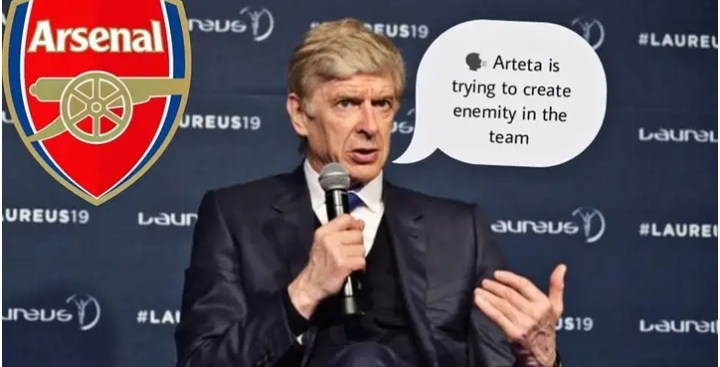
In the realm of football strategy and team management, ongoing discussions persist regarding the role and selection of goalkeepers. Recently, Arsenal’s manager, Mikel Arteta, sparked controversy by consistently benching Aaron Ramsdale in favor of David Raya over the course of nine matches in both the Premier League and Champions League. This decision drew criticism from none other than Arsenal icon Arsene Wenger.
Wenger, esteemed within Arsenal’s history, openly questioned Arteta’s decision to rotate goalkeepers, expressing doubts about its effectiveness. He argued that such rotation could disrupt the team’s cohesion and rhythm, emphasizing the necessity of clarity in designating a primary goalkeeper, a viewpoint informed by his extensive managerial experience.
Central to Wenger’s argument is his belief in a goalkeeper’s primary duty to prevent goals, prioritizing shot-stopping ability over other skills such as distribution. While acknowledging the importance of passing, Wenger stressed the need for balance, drawing parallels with the challenges faced in developing outfield players, such as center-backs.
Reflecting on his own managerial tenure, Wenger highlighted the delicate balance between improving players and maintaining team stability, a challenge also present in goalkeeping decisions. He advocated for clear hierarchies to foster confidence and stability within the team, opposing rotational policies in favor of consistency.
Wenger’s critique, while sparking debate, underscores the nuanced nature of managing a football team. As Arteta grapples with squad selection and tactics, he must consider the traditional values and philosophies of the game. In the realm of football management, decisions are scrutinized, particularly regarding pivotal positions like goalkeeper, highlighting the enduring importance of managerial strategy in the ever-changing landscape of the sport.
Leave a Reply